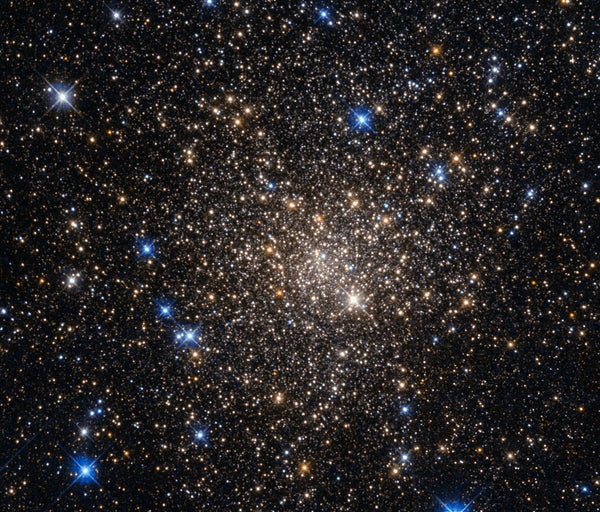Could JWST Solve One of Cosmology’s Greatest Mysteries?
The telescope’s studies could help end a long-standing disagreement over the rate of cosmic expansion. But scientists say more measurements are needed
Observations of the current universe suggest a faster rate of cosmic expansion than do predictions based on early-universe data.
NASA & ESA, Acknowledgement: Judy Schmidt (Geckzilla)
Cosmology seems to be heading for a showdown on one of its most basic questions: how fast is the Universe expanding?
For more than a decade, two types of measurement have been in disagreement. Observations of the current Universe typically find the rate of expansion — called the Hubble constant — to be about 9% faster than do predictions based on early-Universe data.
Researchers hoped that the James Webb Space Telescope (JWST), which launched in late 2021, would help to settle the question once and for all. But consensus has so far failed to materialize. Instead, two teams of cosmologists have calculated different values for the Hubble constant — despite both observing the recent Universe using JWST.
On supporting science journalism
If you’re enjoying this article, consider supporting our award-winning journalism by subscribing. By purchasing a subscription you are helping to ensure the future of impactful stories about the discoveries and ideas shaping our world today.
Wendy Freedman, an astronomer at the University of Chicago in Illinois, and her collaborators presented preliminary results from their JWST observations today at a conference at the Royal Society in London. They measured the Hubble constant as 69.1 kilometres per second per megaparsec, meaning that galaxies separated by one million parsecs (around 3 million light years) are receding from each other at a rate of 69.1 km s−1.
This is only slightly larger than the 67 km s−1 Mpc−1 predicted using early-Universe data from Europe’s Planck satellite. But it is at odds with…
Read the full article here







